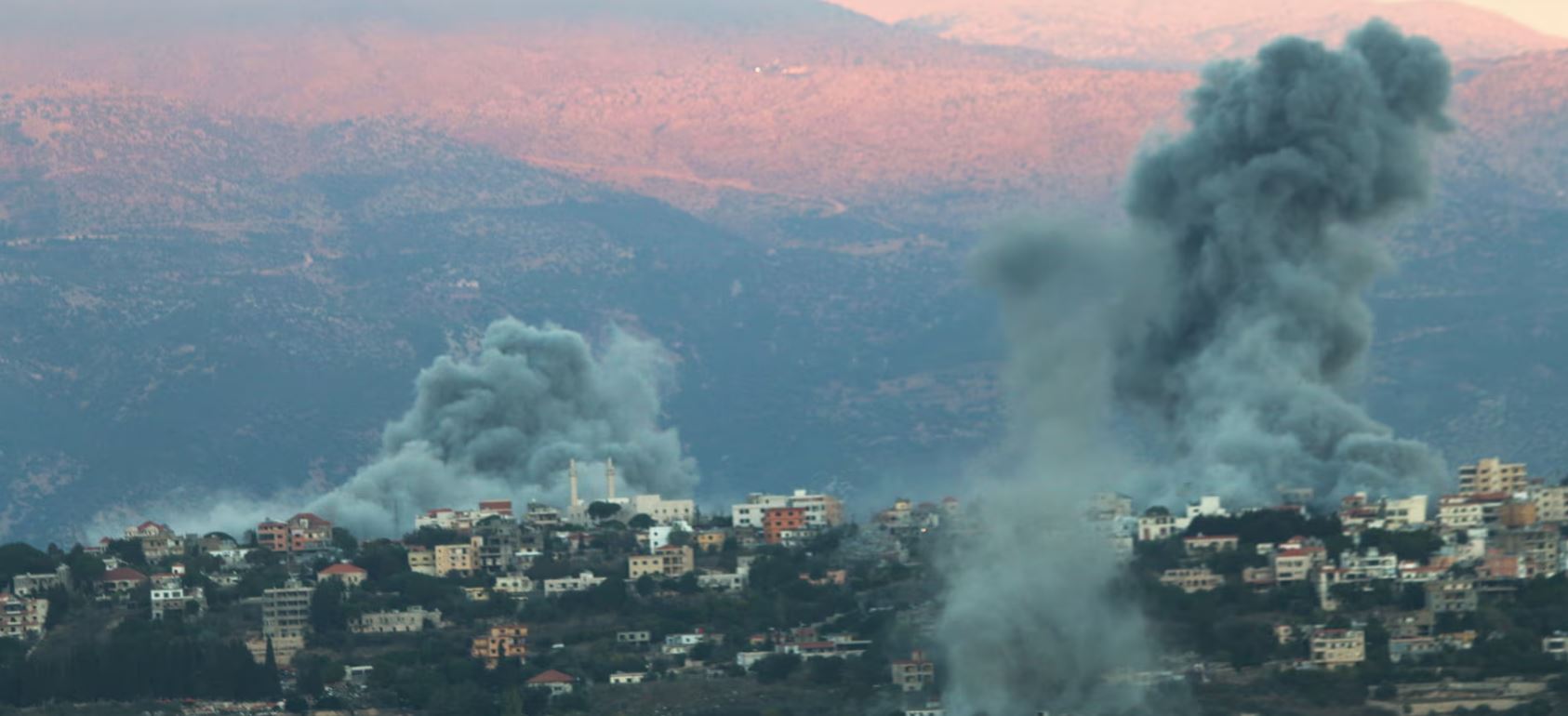Melbourne: Recent rallies in Melbourne supporting Gaza and Lebanon have sparked controversy due to the display of Hezbollah flags, which feature a symbolic arm holding a rifle. This situation has drawn the attention of federal police and could mark the first significant test of Australia’s newly introduced hate-symbol laws, designed to curtail the spread of violent extremism and hate-based actions, as reported by ABC News. Photo courtesy ABC News.
Australia passed legislation earlier this year specifically targeting the display of symbols associated with listed terrorist organizations, including Hezbollah, alongside Nazi symbols. The rallies, which called for ceasefires in Gaza and Lebanon, have now led to an investigation by the Australian Federal Police (AFP) to determine whether the display of these flags constitutes a violation of these laws.
A Divisive Symbol
The sight of Hezbollah flags at the rally has caused concern within Australia’s Jewish community, which has long associated the organization with acts of violence and terrorism against Jewish people worldwide. Naomi Levin, CEO of the Jewish Community Council of Victoria, called the display "highly disturbing," pointing out Hezbollah’s involvement in numerous attacks not just in Israel, but globally.
On the other hand, the Islamic Council of Victoria condemned the use of the Hezbollah flag at the rally, stressing that it was an action taken by a small minority of participants. Adel Salman, president of the council, reiterated that the protests were centered on supporting Palestinians, not promoting extremist ideologies.
Law Enforcement and Legal Complexities
The AFP, led by Deputy Commissioner Krissy Barrett, has made it clear that any investigation will carefully examine the broader context in which the flags were displayed. It’s not enough to simply wave a prohibited symbol; the AFP must determine if the act was intended to incite violence or promote hatred based on race or religion. Barrett stressed the importance of context, stating, “It’s got to be done in circumstances where a reasonable person would consider the conduct as advocating for violence or intimidation based on religion.”
The protests have sparked a political back-and-forth, with Opposition Leader Peter Dutton calling for stronger action and even suggesting that Parliament should be recalled debating the issue. Immigration Minister Tony Burke, however, downplayed Dutton’s comments as a political distraction. Burke reiterated that the laws passed earlier this year are the strongest stance Australia has ever taken against hate speech and that any cases must be thoroughly tested in court.
The legal framework surrounding these symbols is still relatively new, and this case may set a precedent for future interpretations of Australia’s hate-speech laws. While the AFP is focusing on the Melbourne protests, there have been similar rallies in Sydney, which are also under investigation by NSW police.
Political Reactions
Burke also indicated that any non-citizens found to be involved in activities that incite discord could face visa cancellations. He stated, “If you’re a guest in this country, you’re expected to uphold our values. Inciting discord or promoting hate speech should never be tolerated.”

Tensions Amid Broader Concerns
This incident comes amidst heightened tensions globally, with the ongoing conflict in the Middle East fuelling protests and demonstrations across Australia. While many protestors are advocating for peace and calling for ceasefires, the use of controversial symbols like the Hezbollah flag has complicated the public discourse.
The Australian government continues to grapple with how to balance freedom of speech with maintaining public safety and curbing extremist ideologies. Both the Jewish and Islamic communities have called for calm and a focus on peaceful solutions to the complex issues in the Middle East.
As the investigation unfolds, this case could become a defining moment for how Australia’s hate-symbol laws are enforced. The outcome will likely influence how similar situations are handled in the future, as the country navigates the challenges of promoting free expression while cracking down on hate and extremism.